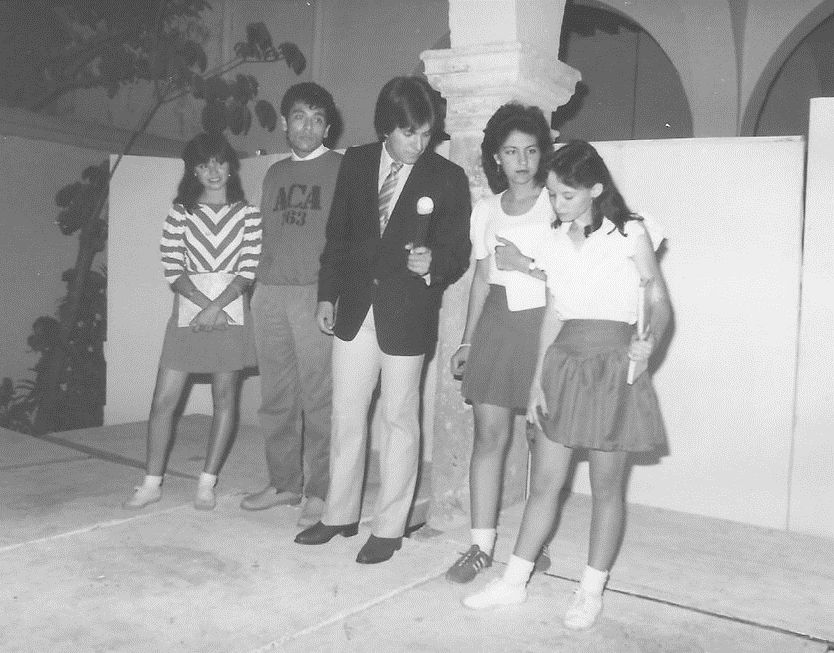We all felt the challenge of 2020 but for children and young people, last year could mark a generation.
by Rebecca Roberts
It’s always hard to picture your younger years through any perspective other than the one you experienced. It’s what makes speaking with youth audiences a tricky balance of effective audience engagement, ignoring pre-conceived assumptions on “young people today” and the avoidance of parent-dancing (perhaps dad-dancing should be replaced with ‘parent TikToks’ now…)
But whilst many of us want to improve our youth engagement within our work, when it comes to youth audiences it’s the default to ‘tell’ them, group them into a massive audience bracket and hope that some young people checking work will help us achieve a better tone. If anything can be learnt from the messaging to youth audiences during the pandemic it’s that this categorically does not empower young people or influence their behaviour.
Whilst many predicted the exponential impact on young people of stopping then restricting their normal school lives, limiting how they experienced further and higher education, shifting their social environment and then blaming them frequently in the media, COVID-19 has had a very real and widespread impact on every aspect of their lives and future prospects.
Lockdown Life of Young People 2020 – is a paper I’ve just put out drawing on some of the key data being shared about children and young people in the UK. What lockdown meant, the impact on their mental, emotional and physical wellbeing, the widening educational gap and undeniable social inequality that underpins all of this, plus some of the media habits as a result of learning at home and being cut off from wider friends and family.
As one guest on the Hear It Podcast told me recently – we know that young people find it a lot harder than adults to process living life in such a restricted way. They’re returning to school less active and with wider rates of mental health issues. And let’s not even start on how bleak the future economy may look to a graduate hoping to get a job, because youth unemployment rates are the highest they’ve ever been and graduate schemes were some of the first to be trimmed by large companies.
Some of the data coming out on how youth audiences see their future was some of the hardest to read doing this paper. Large proportions of young people are lowering their aspirations and expectations in life because of the pandemic. And younger children have been hardest hit in terms of their overall development at school, often regressing and struggling to cope.
Whilst the data highlights how bleak much of this picture looks, it’s something that is important to be conscious of as we pave a way to broader our conversation with younger audiences, in whatever aspect of our work. Not least due to the changing habits and ways in which their ecosystem has changed, some of which showing immense opportunity and shifts in expectations.
comms2point0 and Thread & Fable’s Youth Matters Workshop has had a refresh for 2021 - we’re really excited to have come up with a three-part virtual programme.
We’ll equip you with the tools, insights and practice needed to better engage young people within your work.
Sound useful? You can book your place HERE.
We’re offering reduced price tickets for public, third, charity and voluntary sector people.
Looking forward to seeing some of you there.
Rebecca Roberts is founder of Thread & Fable. You can say hello on Twitter at @rebecca7roberts
Image via Archivo Historico Sinaloa

